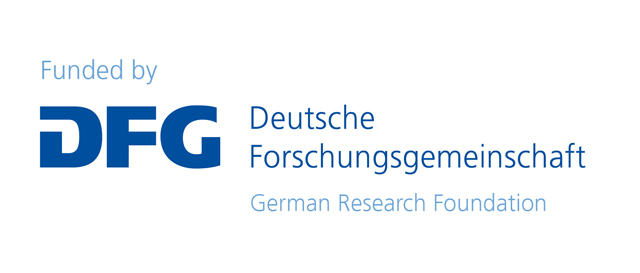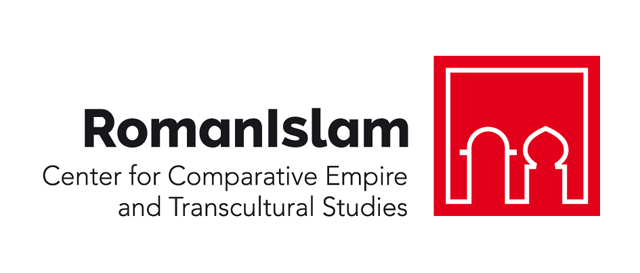RomanIslam Center
The Center for Advanced Study “RomanIslam – Center for Comparative Empire and Transcultural Studies” funded by the German Research Foundation (DFG) brings together the disciplines of comparative empire and transcultural studies into a broader historical and more contemporary perspective.
Our approach aims at comparing transcultural assimilation processes in the historical region of the western Mediterranean with attention on the Iberian Peninsula and North Africa during the first millennium CE, the so-called Long Late Antiquity, including the Early Islamic Period. The economically significant Iberian Peninsula and Maghreb were peripheral regions during pagan times, the later Christianized Roman period, and during the Islamic Empire. At the beginning of the millennium both regions were characterized by Celt-Iberian and Berber cultures, influenced by Hellenistic civilization but maintaining their distinct characteristics. Both Roman and Islamic empires shaped the formation of societies, cities, administration, and landscapes. Both introduced a religion of salvation, originating from the Middle East, as the state religion, but with a different approach to its social implementation (forced religious homogenization / religious, albeit not equal, plurality).
Following the two empires, Roman culture flourished under Germanic leaders, as Islamic culture did under the autonomous Umayyads and Aghlabids. While in the Iberian Peninsula the Roman-Christian element remained in evidence for centuries, despite Islamication, the same Roman-Christian culture of North Africa (Augustine) disappeared almost entirely two to three centuries after the Arab conquest. Here, cultural Islamication merged with a religious Islamization. This situation permits the construction of theoretical models of transcultural adaptation in an area that, although geographically distant from imperial centers, continued to be of importance.


